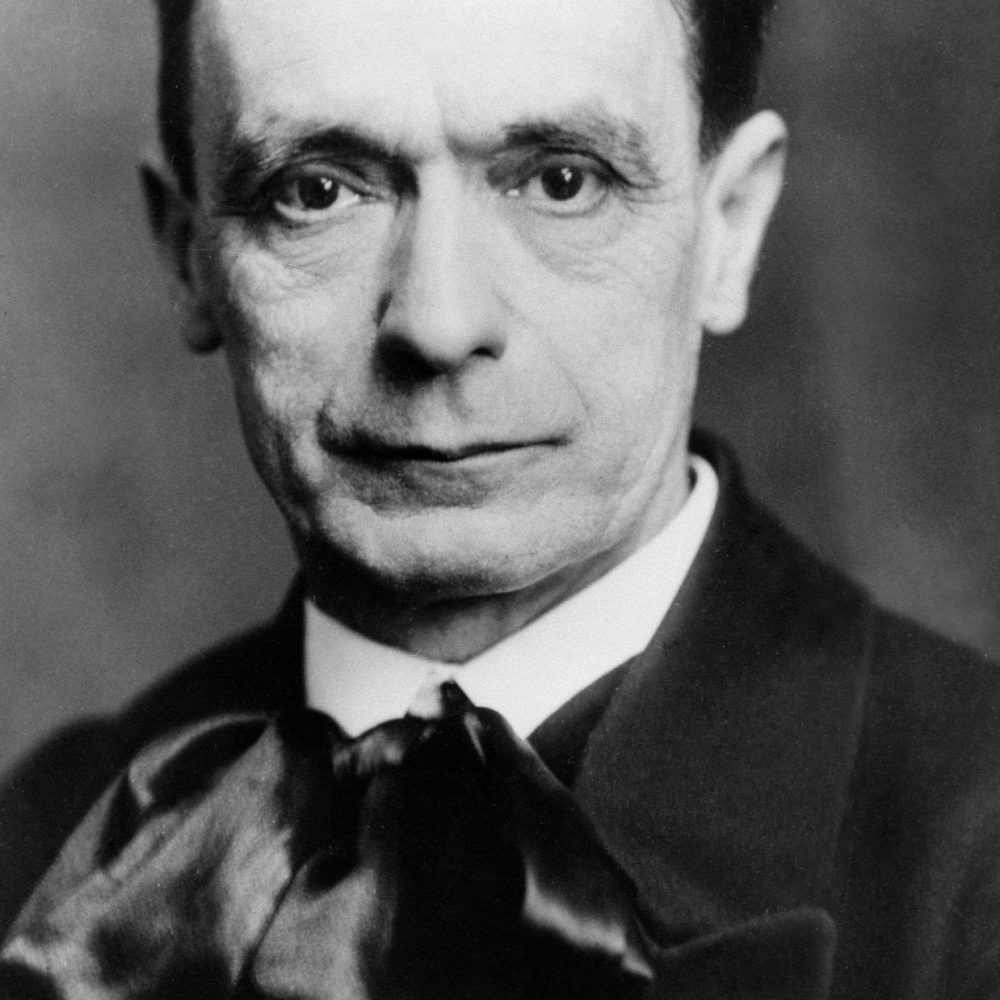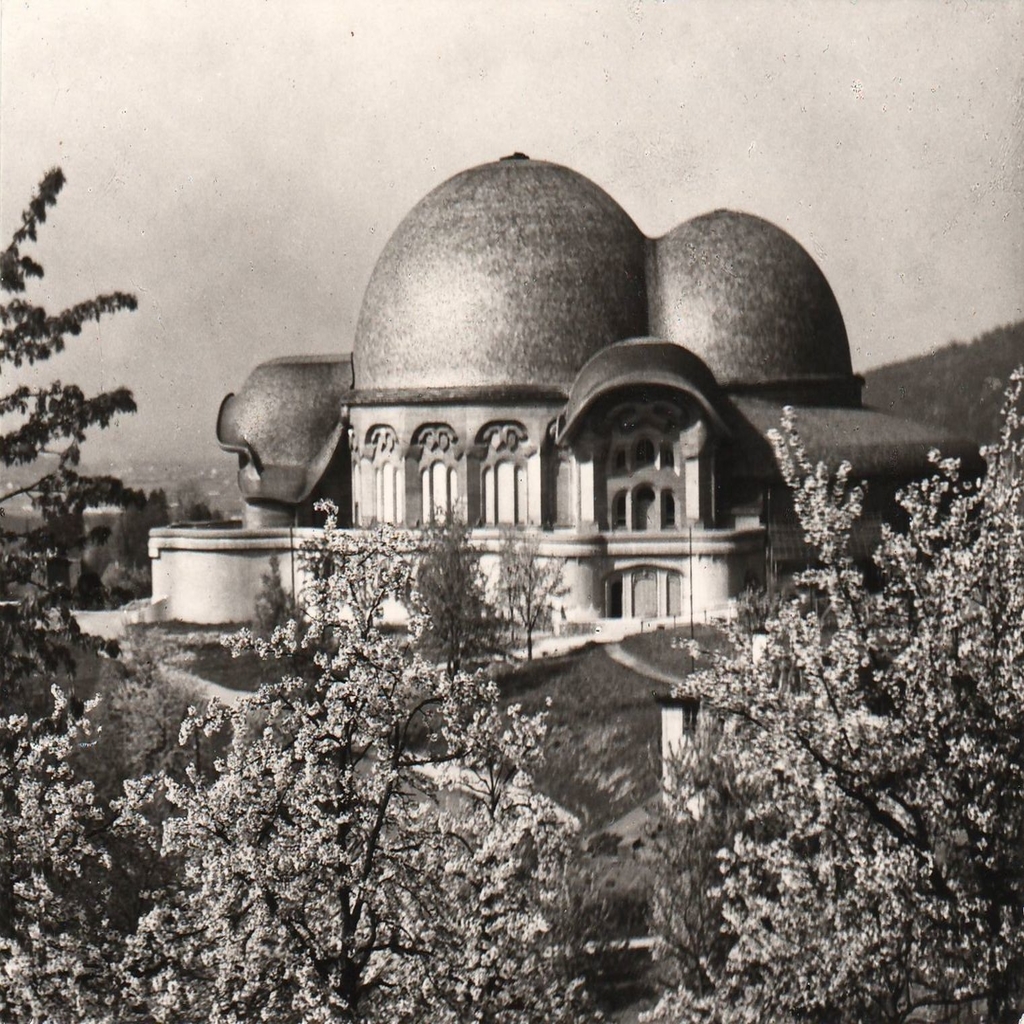Steiner
Who was Rudolf Steiner?
Discover his teachings from education to agriculture, from medicine to religion to finance

Steiner
Rudolf Steiner was an Austrian philospher, social reformer, architect, esotericist and claimed clairvoyant

Geotheanum
Built in 1919 as the world center for the anthroposophical movement
The Teaching's of Steiner
It is Steiner’s role as self-proclaimed clairvoyant and founder of the modern mystery movement of Anthroposophy which begins to shed light on this unifying thread. However, prior to Geoffrey Ahern’s doctoral thesis, which he developed into this unique and ground-breaking book on Steiner, on his teachings, and on the historical and religious background in which they arose, there was no cohesive source to which an interested reader could turn to in an effort to answer these questions.
Only in Sun at Midnight, the compassionate and carefully impartial sociological exploration of the institutions and their founder has found a neutral and unbiased expression. This book offers, in one volume, a comprehensive, cohesive, and coherent outline and description of Steiner’s own life, his teachings, the institutions founded upon those teachings, and the multi-millenia-long Western esoteric tradition from which Steiner (and so many others) arose.

Learn More
Steiner himself wrote and spoke at length on his teachings — but the very abundance of his own writing makes it hard for an outsider to even begin to understand the scope of the material he covered. In addition, much of what he taught required the development of specialised language, to describe the concepts he sought to explain; between these factors, and his now-outdated writing style, it is little wonder that the newcomer to Steiner is often told “Steiner is difficult” when they turn to his own writings in an effort to understand the institutions that he founded, and find themselves more confused after their reading than before they began.
Others have written about him, but it doesn’t take long to see that these writings quickly fall into two easily-distinguished camps — proponents of Steiner and his teachings, and detractors.

